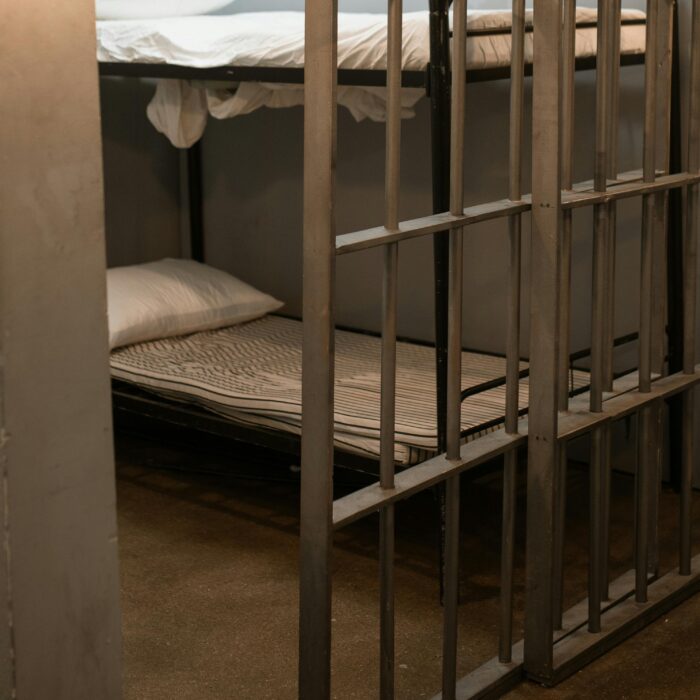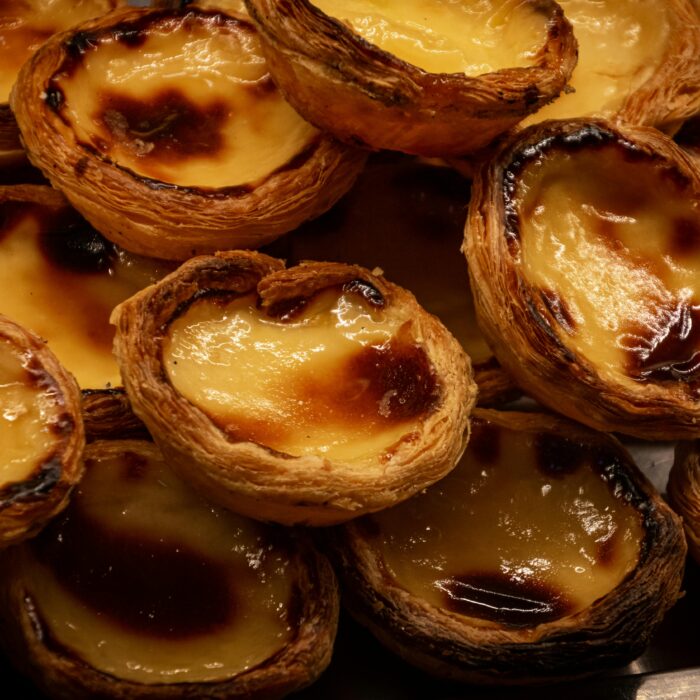You have no items in your cart. Want to get some nice things?
Go shopping
My mother lies with her head at the foot of the bed, pieces of cats, shelves, and wine glasses on the storage bench. She slides one piece into another and the pieces lock—sometimes. When they don’t, she furrows her brow, hums, and tries again.
My father sits in his recliner wondering, I’m sure, how high her sugar has climbed and how many more stents a human can have—she’s at thirteen, with seventeen heart catheterizations.
I’m here after her recent return from the hospital.
For a while, it was once a month in the wilderness of the electronic chirping, the wind of the deflating blood pressure machine, the fluorescent stars humming above.
#
In a childhood picture she’s in a cowgirl outfit, holding a pistol in the air, a handkerchief wrapped around her tiny neck, a white hat perched on her head, her blonde hair falling on both sides.
#
She calls to my father and asks him to pick up a piece of the puzzle that she’s dropped. He clicks the recliner into place.
As he stands in her doorway, she laughs as he bends over and hoists himself up to hand it to her.
“What’s this?” he says. “A cat’s tail? The stem of a glass?”
He’s had quintuple bypass and two stents of his own.
#
She was once a kindergarten paraprofessional, but she always wanted to be a teacher.
She wanted to be a computer programmer, too.
She wanted to be a children’s author.
What she got more than anything else was a darkened mind and a body that grew to reflect it.
I have that mind, too. Psychiatrists are taboo in rural Alabama. Her Christian upbringing taught her God could take care of it. He hasn’t so far.
No one expects or wants it to end like this.
#
My brother has three young children, but she tires when they visit and retreats to her room to put together the puzzles.
I bought her a viking ship puzzle, “Sailing to Valhalla.” My brother had gotten her one with three snowmen in a European village. Her favorites are the cat ones, the ones my father has bought her.
#
She was born in ’54 to a single mom in rural Alabama. She never knew her father and watched as her stepdad beat her mom through her latter childhood.
Hundreds of puzzle boxes are stacked in neat columns in her closet.
I sit on the edge of her bed now and she grabs my hand and tells me what songs she wants at her funeral.
How does one feel at the end of the limits of the mind and body?
#
It started, this lying in bed, when I was young, covers over her head, a lump in the queen-sized bed. My father would be visiting parishioners and I’d be playing Beastmaster with Billy, stealing yarn cones out of the abandoned house next door. We’d light them on fire to have torches. I’d come into her room to announce that I was back from roaming the neighborhood and she’d be asleep. She’d sometimes lift the covers and take my hand, tell me to be a good boy while Dad was gone.
#
She told me once she’s most proud of being a mother.
#
I take tiny blue pills, though I find myself in bed often, too. I think the pills would help her, but I don’t have the courage to say it. After so many years of watching someone dissolve, it’s hard to know what to say.
#
I was playing with Mandy once when I heard her calling for me. When I ran to the house, she stood at the edge of the drive in her night gown. I think she thought that she’d lost me, like I’m losing her now.
#
In just another year I will lose her. I’ll remember sitting on the edge of her bed today. I’ll remember her lifting her arms in a final goodbye, the oxygen hoses wrapped around her face, the shoulders of her blouse hanging loosely. And I will not know how to grieve. I will regret not being overwhelmed. It will surface subtly, like a gentle wave, and I’ll remember her. It will come when I work on puzzles with my partner, when I hear Motown, when I watch the new Star Wars show my mother will never see. It’s a hollow place where no words fit.
#
She talks of shows she likes. A Discovery of Witches is her new favorite. Then she laughs because she’s a preacher’s wife and not supposed to like shows about witches.
It’s a boisterous laugh, filling the room and spilling into the hall and living room where my father sits.
“What’s so funny?” he says, laughing, too.
In that moment, she’s the child in the cowgirl outfit, and all the pieces fit.

Phillip Mitchell
Phillip E. Mitchell's work has appeared in twice in Litro, thrice in New Writing: the International Journal for the Theory and Practice of Creative Writing. He's also published short fiction in Toasted Cheese. He writes scholarship on the intersections between philosophy and literature. He teaches literature and creative writing at the University of North Georgia.




